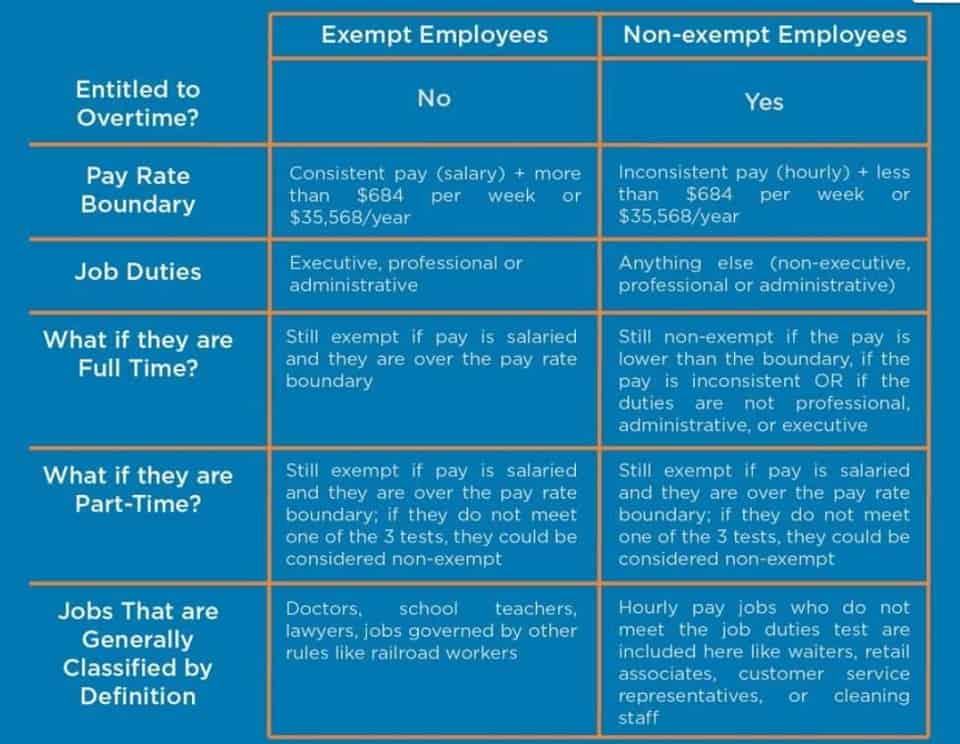
Trade creditors, bankers and other lending institutions would like to be satisfied that they will be paid on time. Banks and other lending agencies rely heavily upon accounting statements for determining the acceptability of a loan application. Creative accounting is nothing but the manipulation of the operating results and financial position of the company, of course, within the confines (limits) of the accounting standards. The recording of business transactions or activities is done through a process of accounting. To find CARES Act out the results of a business, the information relating to the cost of the products and revenues from the products is collected.
- It’s important to establish effective bookkeeping and accounting practices to manage your company’s financial health.
- Generally, a businessman has to pay corporate tax, VAT and excise duty, etc.
- However, accounting plays a key role in the strategic planning, growth, and compliance requirements of a company.
- The managerial control is achieved by analyzing in money terms the departures from the planned activities and by taking corrective measures to improve the situation in future.
- CPAs can analyze bookkeeping records, help with payroll and taxes, offer financial consulting, and represent you during IRS audits.
- You can hire a bookkeeper, use automated accounting software, or do it yourself.
- Regardless of whether you want to apply for bank loans or sell equity to raise investments – having updated financial statements is a basic need.
Accounting vs bookkeeping: What’s the difference?
Revenue is the money a company earns from the sale of its products and services. Cash flow is the net amount of cash being transferred into and out of a company. Revenue provides a measure of the effectiveness of a company’s sales and marketing, whereas cash flow is more of a liquidity indicator. Both revenue and cash flow should be analyzed together for a comprehensive review of a company’s financial health. As your business grows, you may find that finances are becoming more complex, while at the same time, you need to devote more time to the core activities of your business. An accountant can support you in keeping track of varied expenses, multiple income streams, payroll, tax returns, financial planning, and more.
Types of Business Expenses
Users of accounting information are separated into two groups, internal and external. Internal users are the people within a business organization who use accounting information. For example, the human resource department needs to have information about how profitable the business is in order to set salaries and benefits.
The balance sheet formula
Cost accounting focuses on a detailed break-up of costs for effective cost control. Managerial accounting is very important in the decision-making process. Investors, lenders, and other creditors are the primary external users of accounting information. Investors may be deciding to buy shares in the company, while lenders need to analyze their risk in deciding to lend.

You don’t want to be in a situation where you have to pay more income tax than is normally required by the Internal Revenue Service (IRS). Accounting is more than just reporting income to taxing authorities or providing revenue and expense information to potential investors. As the language of business, accounting is used for decision-making as well.

A CPA, or “Certified Public Accountant”, is recognized in the accounting field. It is a designation that is considered challenging to obtain, with exact requirements varying from state to QuickBooks Accountant state. However, upon receiving the designation, a CPA is considered an expert in the field of accounting, and would typically enjoy a much higher salary than that of an accountant. For a breakdown on the differences between an accountant and a CPA, check out “Is a CPA the Same as an Accountant? With Square Online, you can turn any business into an online business with a free eCommerce website.
Convertibility: Current vs. noncurrent (fixed) assets
The balance sheet tells you how much of your AR you’ve already pocketed during the month and how much is still outstanding. You may not be planning to court investors or sell your business right now, but it’s a good idea to leave your options open. And the best way to do that is to put a proper accounting system in place now.

- These tools speed up report generation, tax filing, and payment management.
- The Internal Revenue Service (IRS) assigns office furniture and fixtures a useful life of seven years under the general depreciation system (GDS).
- Limited liability structures—such as LLCs and corporations—generally shield personal assets from most business debts.
- How a company chooses to record transactions depends on the business owner.
- AP can include services, raw materials, office supplies, or any other categories of products and services where no promissory note is issued.
- Your business would benefit from hiring an accountant who can help with ongoing bookkeeping and tax preparation.
Some sole proprietors operate indefinitely this way, while others convert to a limited liability company (LLC) or corporation as their business grows or takes on greater risk. Another option for a sole proprietor is to offset business risks with an umbrella liability policy. Bookkeeping is one of the disciplines that business accounting definition fall under the umbrella of accounting.
What Is Progressive Tax? Examples, Pros, Cons & How It Works

Accounting is the process of keeping track of your business’s financial transactions. Some companies may use an accountant or the services of an accounting firm only to do taxes. Others only analyze data gathered during bookkeeping a few times a year to assist in financial budgeting and projections.